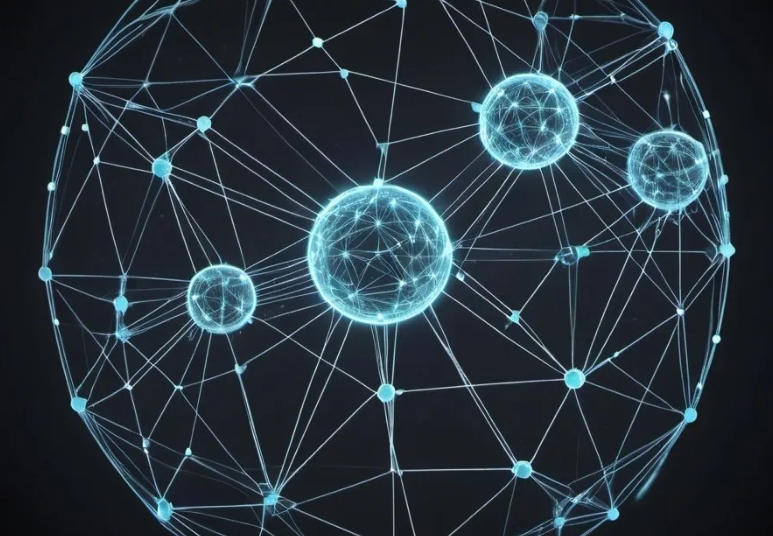How AI is Transforming Everyday Devices
Artificial intelligence (AI) has rapidly evolved from a futuristic concept to a transformative force impacting nearly every aspect of our lives. The integration of AI into everyday devices is not only making them smarter but also enhancing their functionality, efficiency, and user experience. Let's delve into how AI is revolutionizing the technology we use daily.
Smart Home Devices
One of the most significant impacts of AI can be seen in smart home devices. Smart speakers, like Amazon Echo and Google Home, use AI to understand and respond to voice commands, control other smart devices, and provide personalized assistance. Smart thermostats, such as the Nest Learning Thermostat, learn user preferences and adjust temperatures automatically, improving energy efficiency and comfort.
Personal Assistants
AI-powered personal assistants, such as Siri, Alexa, and Google Assistant, have become integral to our daily routines. These assistants can perform a wide range of tasks, from setting reminders and sending messages to providing weather updates and controlling smart home devices. Their ability to learn and adapt to user preferences makes them increasingly valuable over time.
Healthcare Devices
In the healthcare sector, AI is enhancing the capabilities of wearable devices and medical equipment. Fitness trackers and smartwatches now come equipped with AI algorithms that analyze data to provide insights into physical activity, sleep patterns, and overall health. AI-powered diagnostic tools assist doctors in identifying diseases and recommending treatments, improving patient outcomes.
Consumer Electronics
AI is also making its mark on consumer electronics. Smartphones leverage AI for features like facial recognition, voice recognition, and camera enhancements. AI-powered cameras can identify and adjust settings for optimal photography based on the scene and subject. Additionally, smart TVs use AI to recommend content based on viewing habits and preferences.
Autonomous Vehicles
The automotive industry is undergoing a transformation with the advent of autonomous vehicles. AI enables these vehicles to navigate, recognize obstacles, and make decisions in real-time. This technology promises to enhance safety, reduce traffic congestion, and provide new mobility solutions for people with disabilities.
Customer Service
AI-powered chatbots and virtual assistants are revolutionizing customer service across various industries. These AI systems can handle inquiries, resolve issues, and provide information efficiently, improving customer satisfaction and reducing the need for human intervention.
Retail and Shopping
In retail, AI is being used to enhance the shopping experience. AI algorithms analyze customer behavior and preferences to provide personalized recommendations. Smart mirrors in stores allow customers to virtually try on clothes, and automated checkout systems streamline the purchasing process.
Security Systems
AI-enhanced security systems are becoming more sophisticated, offering features like facial recognition, motion detection, and anomaly detection. These systems can analyze patterns and alert users to potential security breaches, providing enhanced protection for homes and businesses.
Conclusion
The integration of AI into everyday devices is reshaping our world in profound ways. From smart homes to healthcare, consumer electronics to autonomous vehicles, AI is enhancing the functionality and efficiency of the technology we rely on daily. As AI continues to evolve, we can expect even more innovative applications and transformative impacts on our lives.
Understanding and embracing these advancements will be key to navigating the future landscape of technology. The continuous development of AI promises to bring about a new era of smart, interconnected devices that will revolutionize the way we live, work, and interact with the world around us.
No Website Lists.

